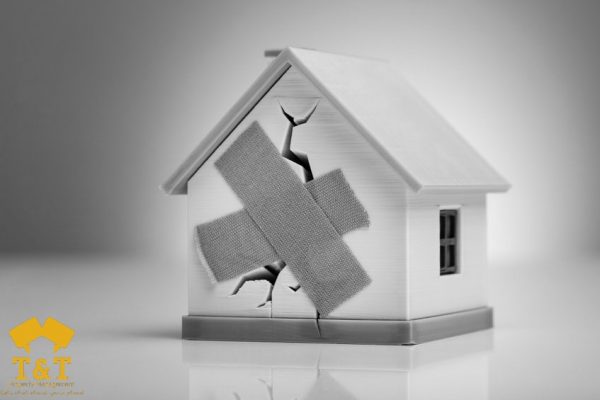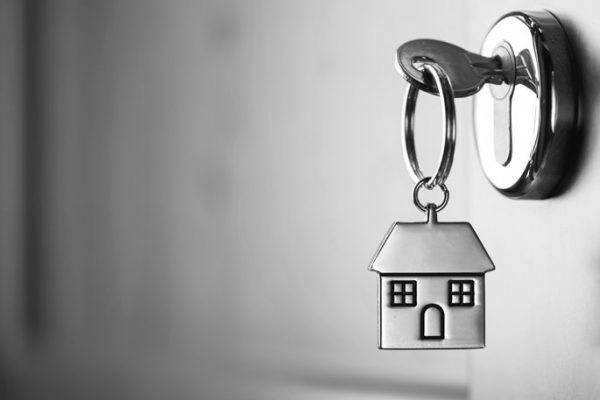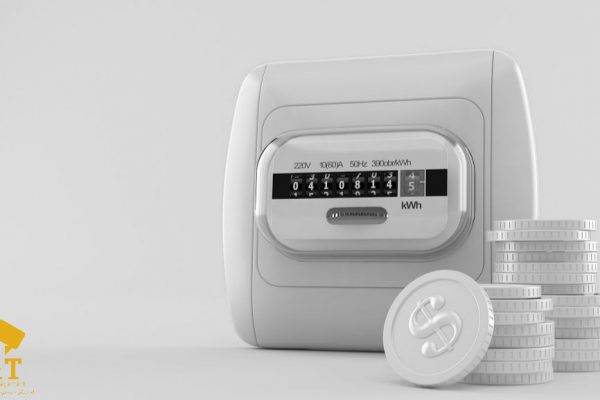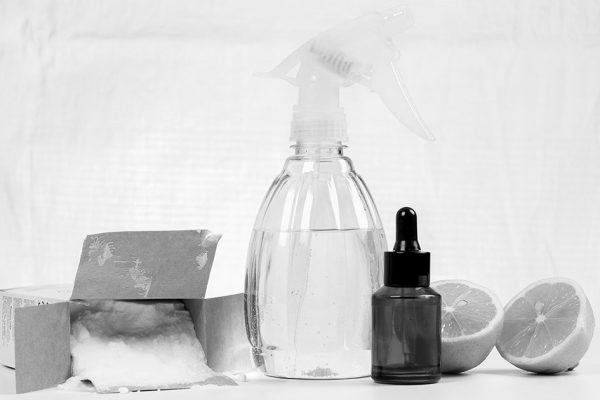Wear and tear vs Intentional damage 18/01/2022
Fair wear and tear refers to the gradual deterioration of things that are used regularly in a property when people live in it.
A tenant is not responsible for normal fair wear and tear to the property or any chattels provided by the landlord when they use them normally. The tenant is responsible for any intentional or careless damage.
An example of this would be where a stove element wears out from normal cooking. This is fair wear and tear. However, if the stove was being used to heat the kitchen and stopped working properly, this would not be considered normal use.
Examples of what is usually considered fair wear and tear are:
- flooring getting worn
- taps and washers in the kitchen, bathroom or laundry wearing out or leaking
Examples of what is not normally considered fair wear and tear are:
- burn marks or drink stains on the carpet
- drawing on wallpaper
You can find out more on damages and repairs at https://www.tenancy.govt.nz/maintenance-and-inspections/repairs-and-damages/
Fair wear and tear refers to the gradual deterioration of things that are used regularly in a property when people live in it.
A tenant is not responsible for normal fair wear and tear to the property or any chattels provided by the landlord when they use them normally. The tenant is responsible for any intentional or careless damage.
An example of this would be where a stove element wears out from normal cooking. This is fair wear and tear. However, if the stove was being used to heat the kitchen and stopped working properly, this would not be considered normal use.
Examples of what is usually considered fair wear and tear are:
- flooring getting worn
- taps and washers in the kitchen, bathroom or laundry wearing out or leaking
Examples of what is not normally considered fair wear and tear are:
- burn marks or drink stains on the carpet
- drawing on wallpaper
You can find out more on damages and repairs at https://www.tenancy.govt.nz/maintenance-and-inspections/repairs-and-damages/










